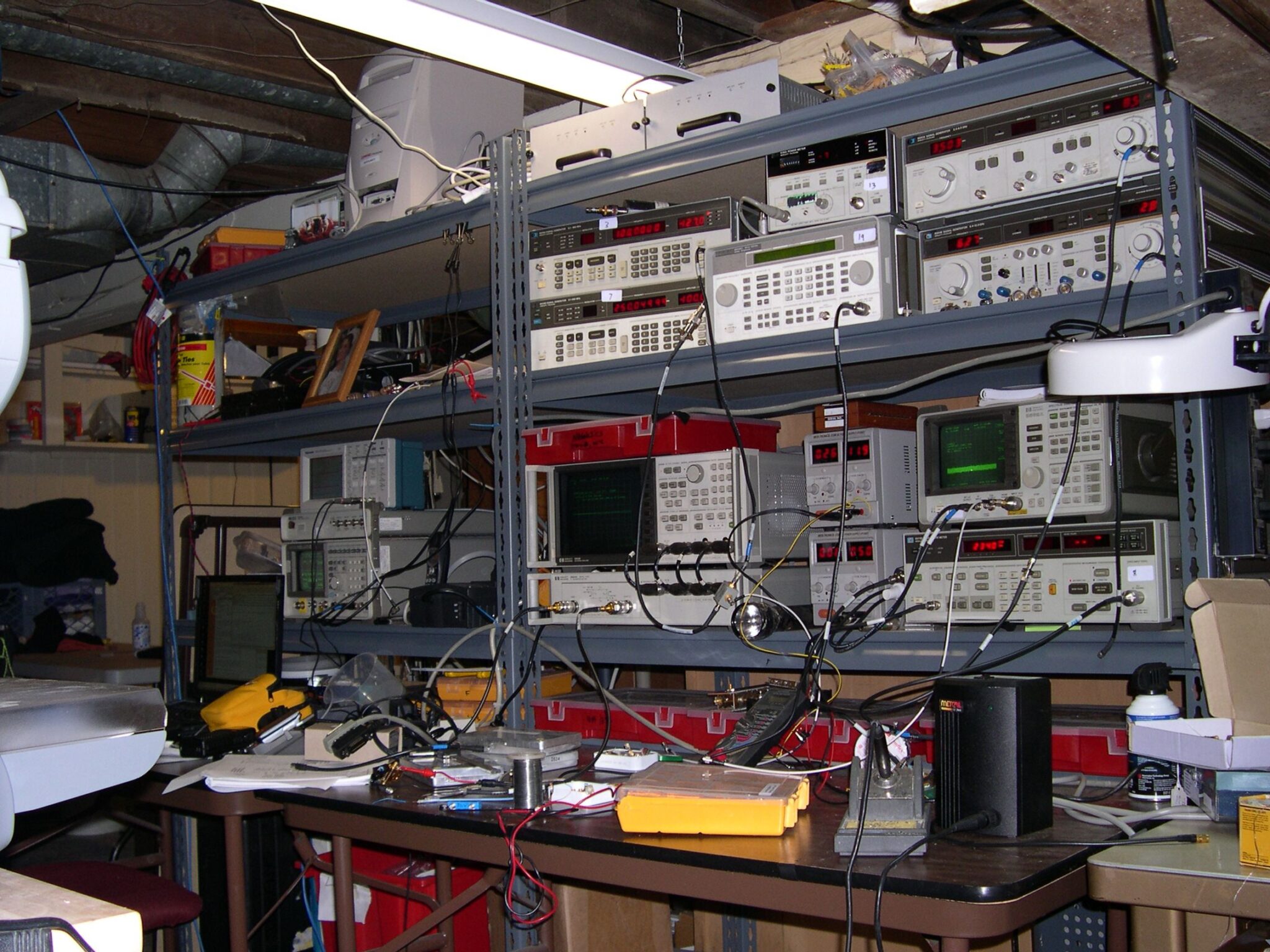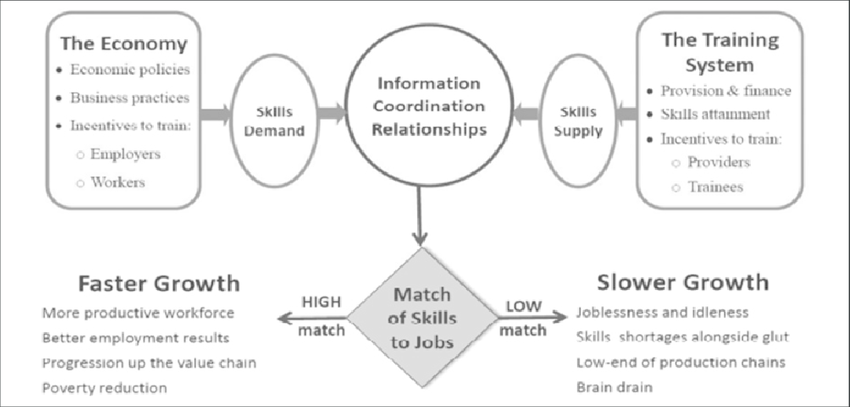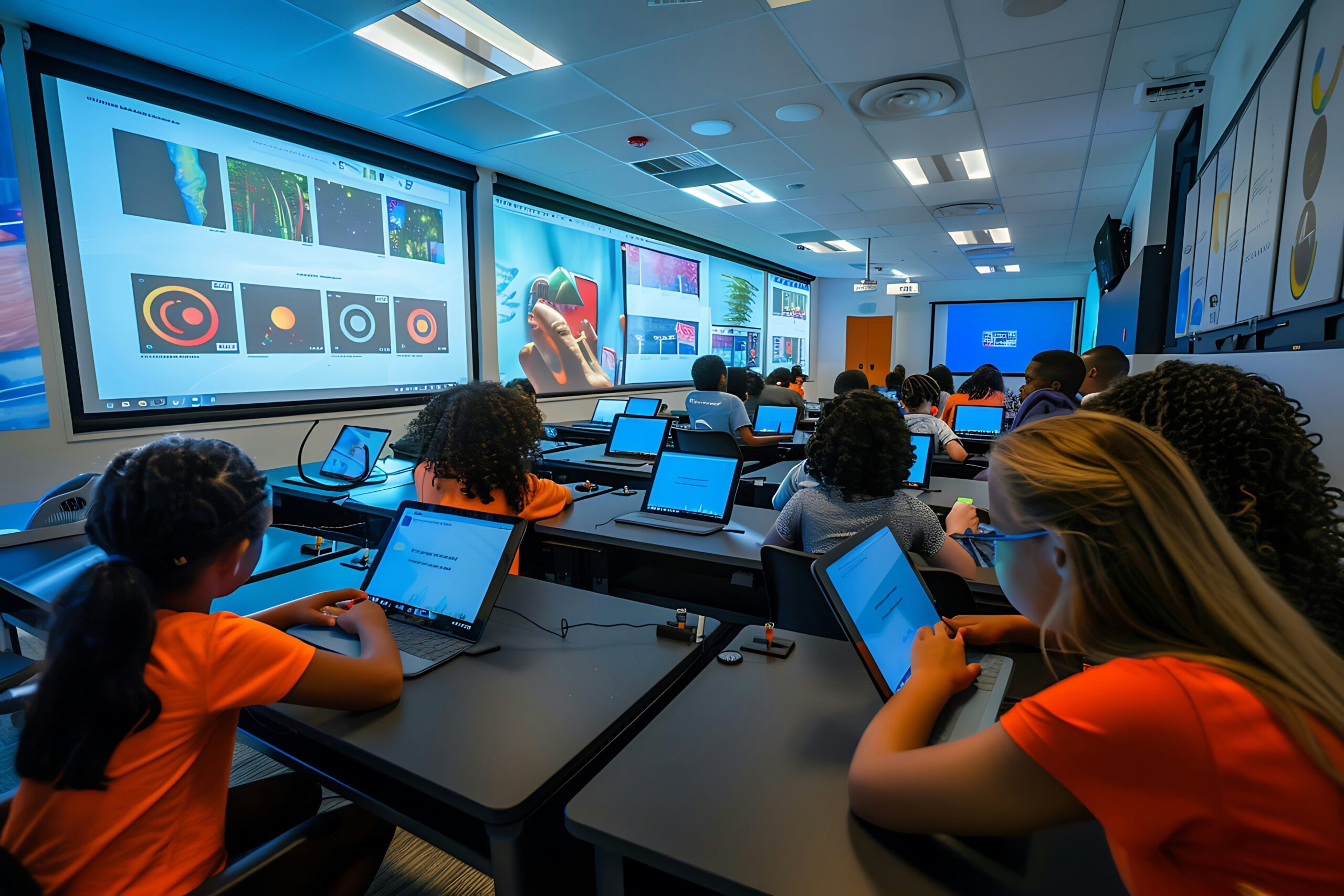In today’s rapidly evolving world, technology is advancing at an unprecedented pace. Each year, new gadgets, computers, and lab equipment hit the market, promising faster speeds, better performance, and more features. But as these new devices arrive, what happens to the old ones? Too often, they’re deemed obsolete and left to languish in storerooms, or worse, abandoned altogether as ‘e-waste.
But what if we told you these seemingly outdated tools still hold immense value?
Reducing E-Waste: Protecting Our Planet
E-waste, or waste electrical and electronic equipment (WEEE), is produced in tens of millions of tons each year, making it one of the fastest-growing waste streams globally. This type of waste is incredibly toxic to our planet, leaching harmful chemicals into the soil and water. By choosing to reuse or donate old lab and computer equipment instead of discarding it, we keep these materials out of landfills, thereby minimizing environmental harm and contributing to a healthier planet.
Empowering Education: Bridging the Gap
In many schools, particularly those in less affluent regions, the equipment available is often outdated or inadequate. This can severely hinder students’ learning experiences, especially in crucial STEM (Science, Technology, Engineering, and Mathematics) fields. By repurposing or donating older but still functional equipment, we can help bridge this gap, empowering students with the tools they need to learn and innovate.
Fostering Innovation: Inspiring New Ideas
Innovation often begins with rethinking what we already have. Old equipment doesn’t have to mean outdated ideas. With a bit of creativity, students and educators can breathe new life into these tools, using them in innovative ways to solve problems and create new learning paradigms. By fostering this mindset, we not only extend the life of the equipment but also inspire the next generation of innovators.
Promoting Sustainability: Building a Greener Future
Every piece of equipment that is reused or repurposed is a step toward a sustainable future. By embracing the principles of reduce, reuse, and recycle, we contribute to a more sustainable environment that can support future generations. It’s about making small choices that add up to big impacts—choices that can lead to a world where resources are used wisely and responsibly.
Conclusion: Rethinking Technology’s Role
It’s time to reconsider how we view technology in our lives. That old computer gathering dust in a lab could be the exact thing that motivates a student to learn or sparks a new idea. Let’s all play a part in helping technology find a new home, ensuring that it continues to benefit society and the environment.
Let’s make e-waste a thing of the past and create a brighter, greener future for all.




